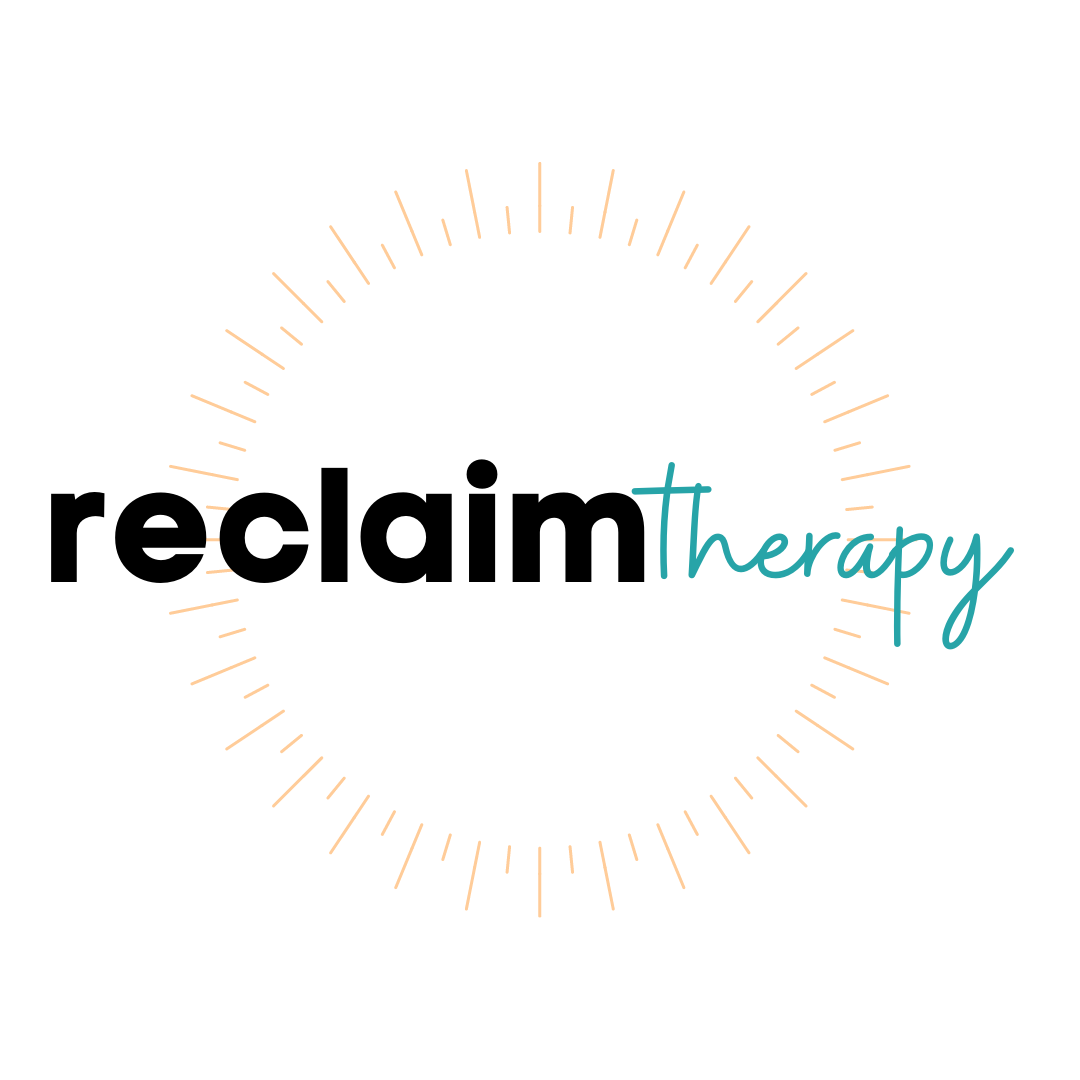What Happens When PTSD is Triggered?
Post-Traumatic Stress Disorder (PTSD) is a condition that can develop in individuals who have experienced or observed a distressing incident, sequence of incidents, or specific situations.
Trauma is anything that is too much too soon, too much for too long or too little for too long.
Any act of commission or omission that overwhelms your ability to cope, is considered trauma.
The effects of PTSD can be profound and disruptive to daily life. When someone with PTSD encounters a trigger—an explicit or implicit reminder of the trauma—it can set off a cascade of symptoms that are both psychological and physiological in nature.
What is a trigger?
Are you curious about what happens when trauma is triggered? First, it's important to understand what a trigger is.
Triggers are highly individual, but they might include sights, sounds, smells, or even emotions that resemble or remind the person of the trauma. It could be something as significant as a car backfiring, which sounds like gunfire, or as subtle as a particular scent or a change in weather.
What does being triggered feel like?
When a person with PTSD is triggered, it can lead to a variety of intense emotional and physical reactions. Some of the most commonly talked about reactions are:
Flashbacks: This is where the person feels like they're reliving the traumatic event.
Intense distress: Encountering a reminder may cause feelings of extreme fear, horror, anger, or sadness.
Panic attacks: A surge of overwhelming anxiety and intense fear may occur, which can include physical symptoms like rapid heartbeat and sweating.
Intrusive thoughts: The individual may be unable to stop thinking about the event, which can disrupt day-to-day activities.
Heightened alertness: There may be an exaggerated startle response or a constant feeling of being 'on edge.'
Other signs of being triggered include:
Shaking and quivering
Overwhelming emotions
Difficulty breathing
Body wants to collapse
Feeling taken over
Wanting to give up or die
Wanting to hurt yourself
Wanting to drink or use drugs
Wanting to restrict or numb with food
Going numb all over
Sudden intense reactions
Impulses to run away
Teeth clenching
Things feeling unbearable
Hating yourself or others
Feelings of rage
Feelings of overwhelming shame
Feeling emotions that don't seem to fit the situation
Behaving in ways that don't fit the situation
Tension and pressure in the stomach/GI system
PTSD is not only about the emotions. It can trigger real changes in the body, including:
Increased adrenaline: The body's fight or flight response is activated, leading to heightened alertness and a readiness to respond to danger.
Altered brain function: Brain areas responsible for threat detection and emotion regulation, like the amygdala and prefrontal cortex, become highly activated.
Changes in hormones: Stress hormones like cortisol are released, which can impact various systems throughout the body.
In our recent blog explaining the concept of the window of tolerance, we share how trauma can decrease our ability to feel calm, present and regulated. Click here to learn more about that!
For how to deal with trauma triggers head here or here.
Recognizing what happens when PTSD is triggered is an important step in managing their impact. Many people find it helpful to track their triggers when learning how to cope with trauma triggers.
By looking at the situation, feelings, thoughts, behaviors and sensations that occurred, the intensity of what you felt, what happened just before (the trigger) and how you coped after, you can begin to have a greater understanding of yourself.
Click here for a FREE worksheet to help you track your triggers.
If you are struggling to deal with PTSD and cope with PTSD triggers, finding support from a mental health professional could be helpful.
Symptoms of PTSD can be overwhelming, but healing from trauma is possible.
Here at Reclaim therapy we provided trauma focused therapy for PTSD and CPTSD. We are a group of EMDR Therapists in Pennsylvania who believe that it is everyone's right to reclaim their lives from the impact of all types of trauma.
With support and PTSD treatment, triggers can soften, and you can feel more agency in your life.
We'll be here when you're ready to get started.
🧡,
Looking for Trauma Therapy in Pennsylvania?
Our team provides trauma focused therapy for PTSD, Complex PTSD, eating disorders, grief and body image concerns. We are passionate about helping folks reclaim their lives from the impact of trauma, diet culture and body shame. We would be honored to support you in your healing process.




